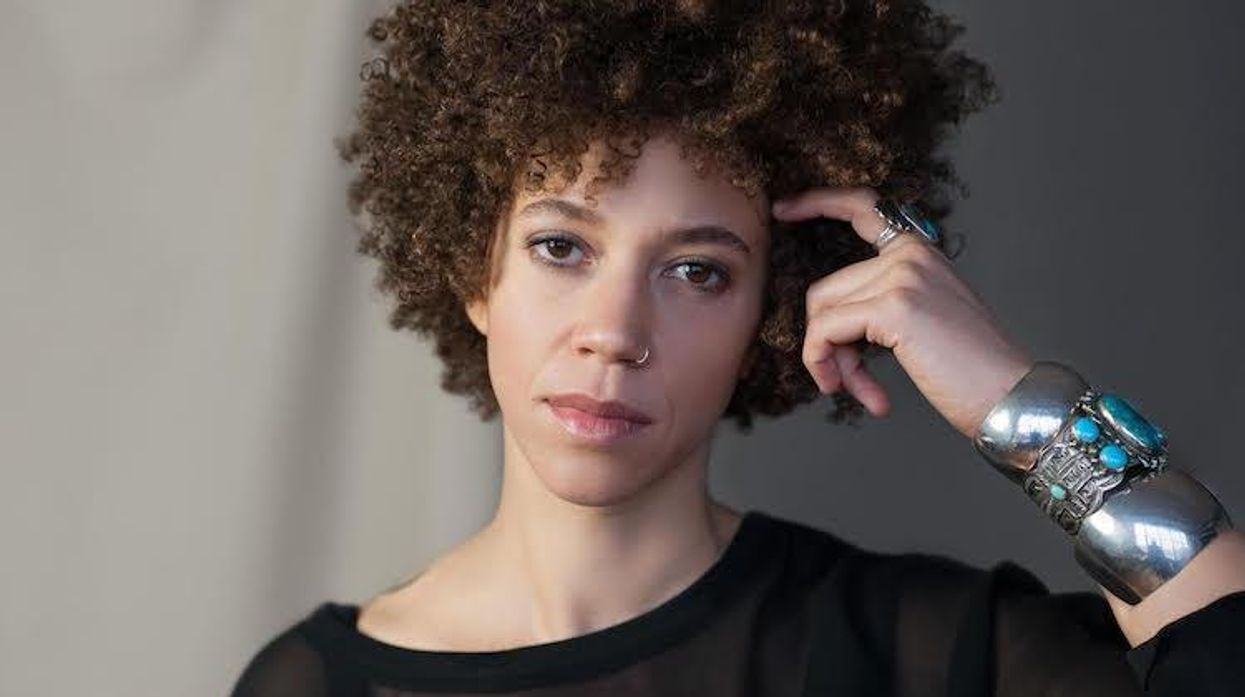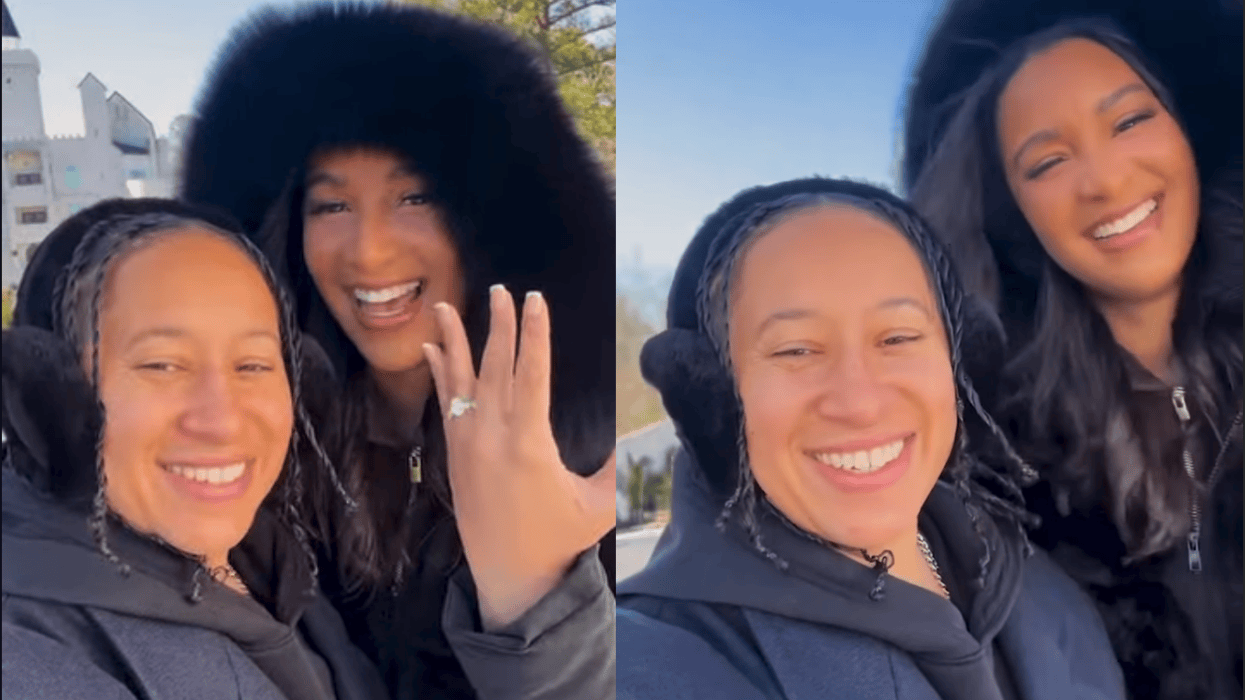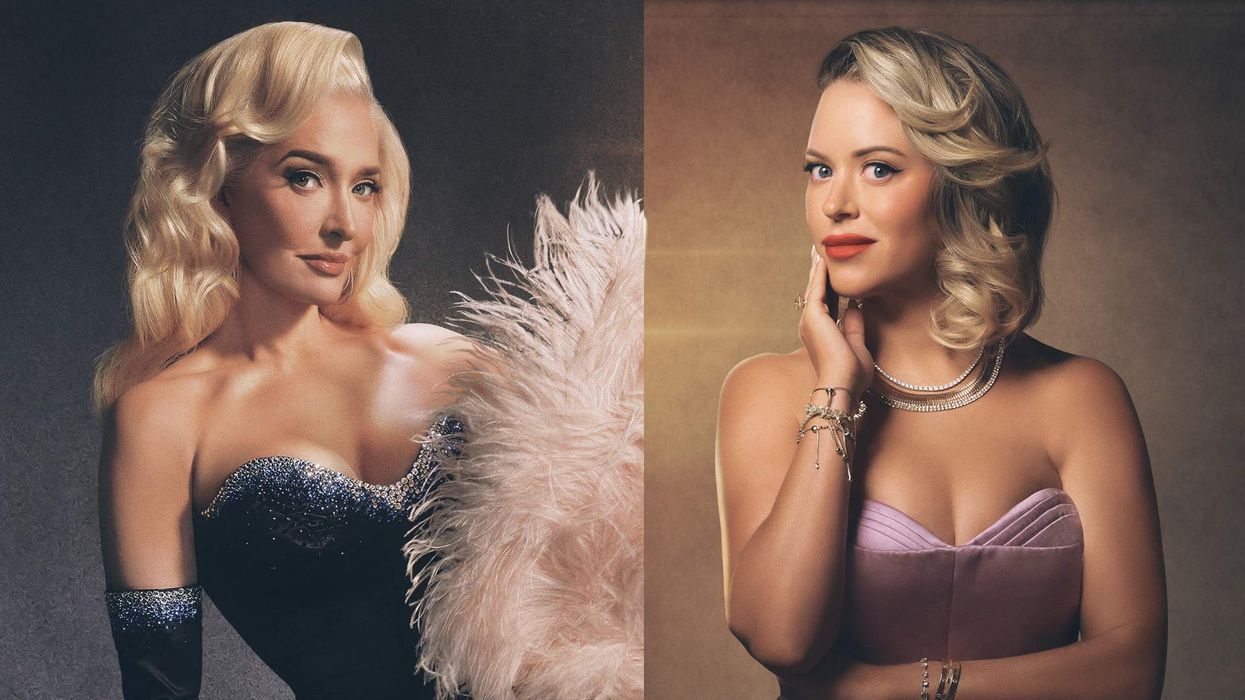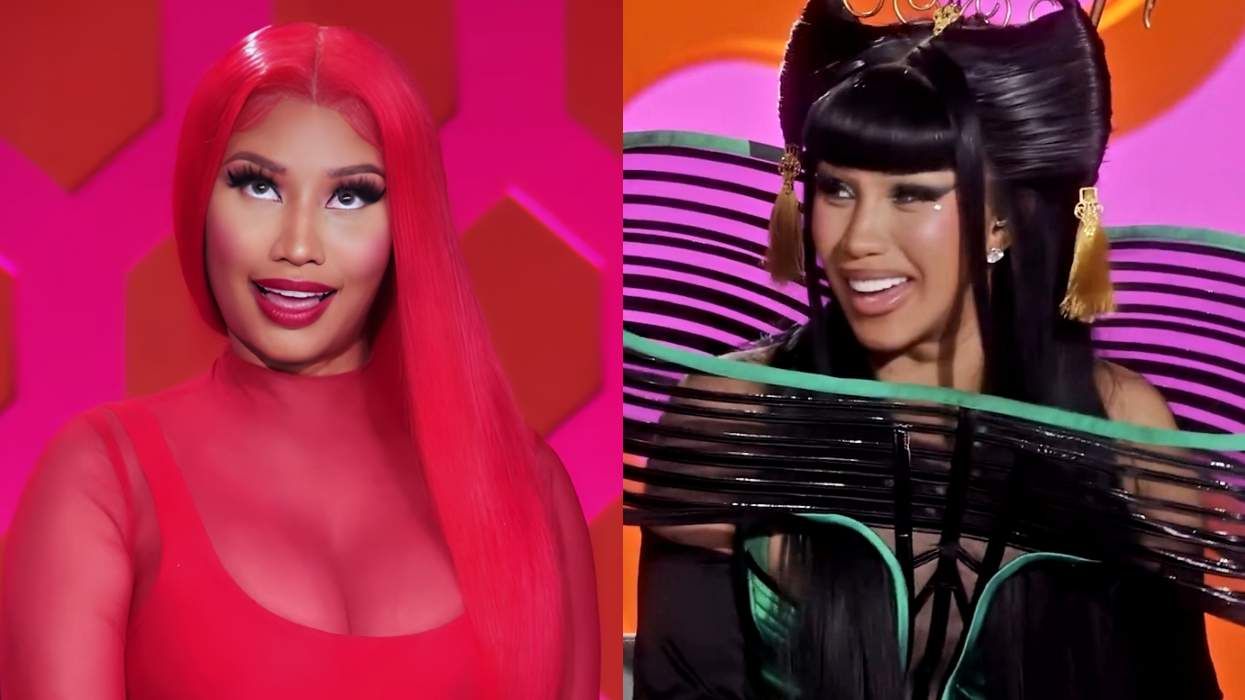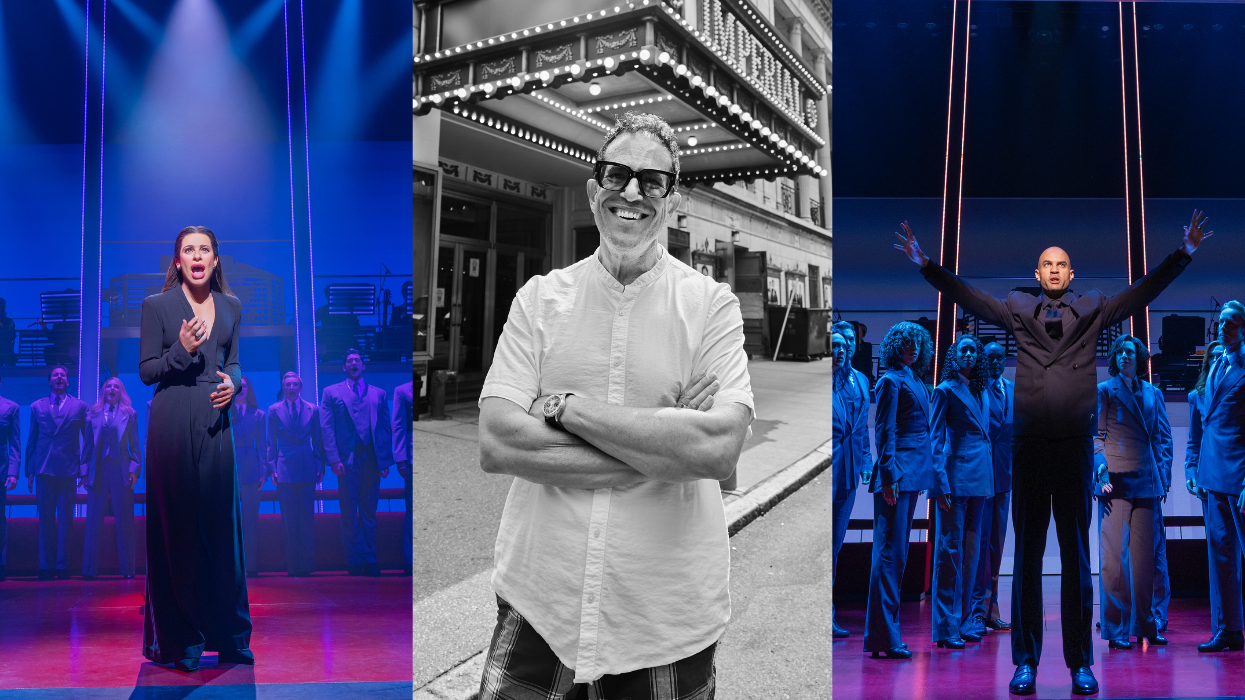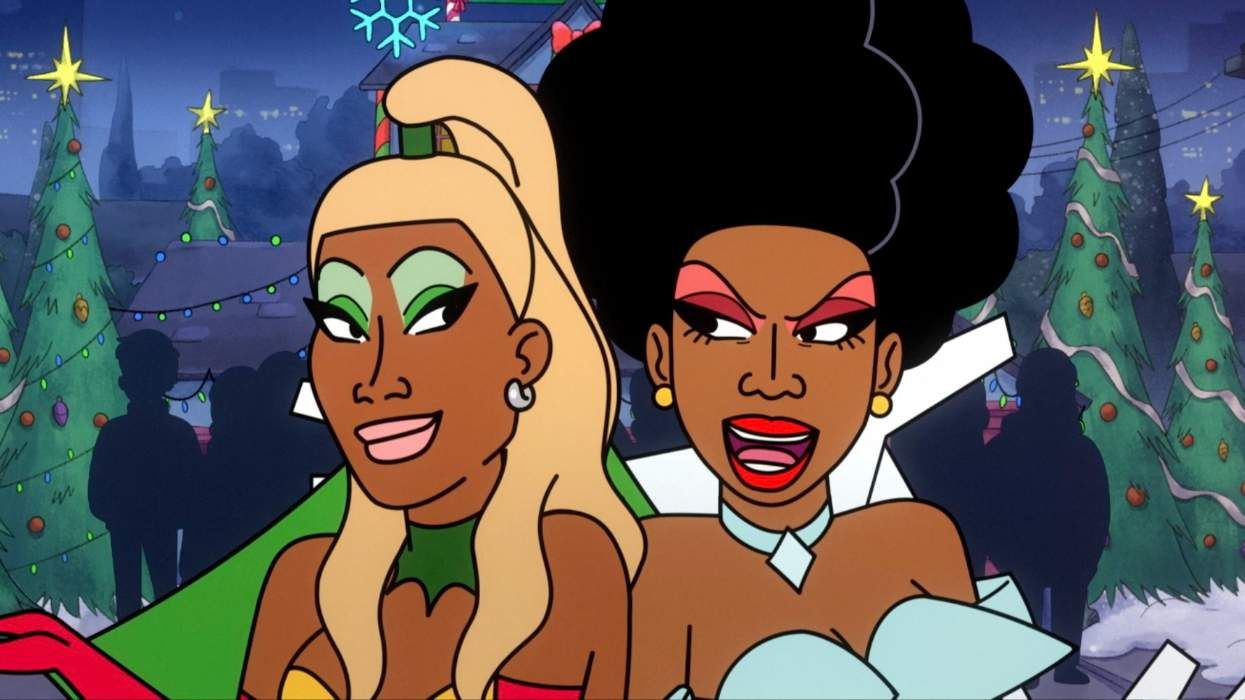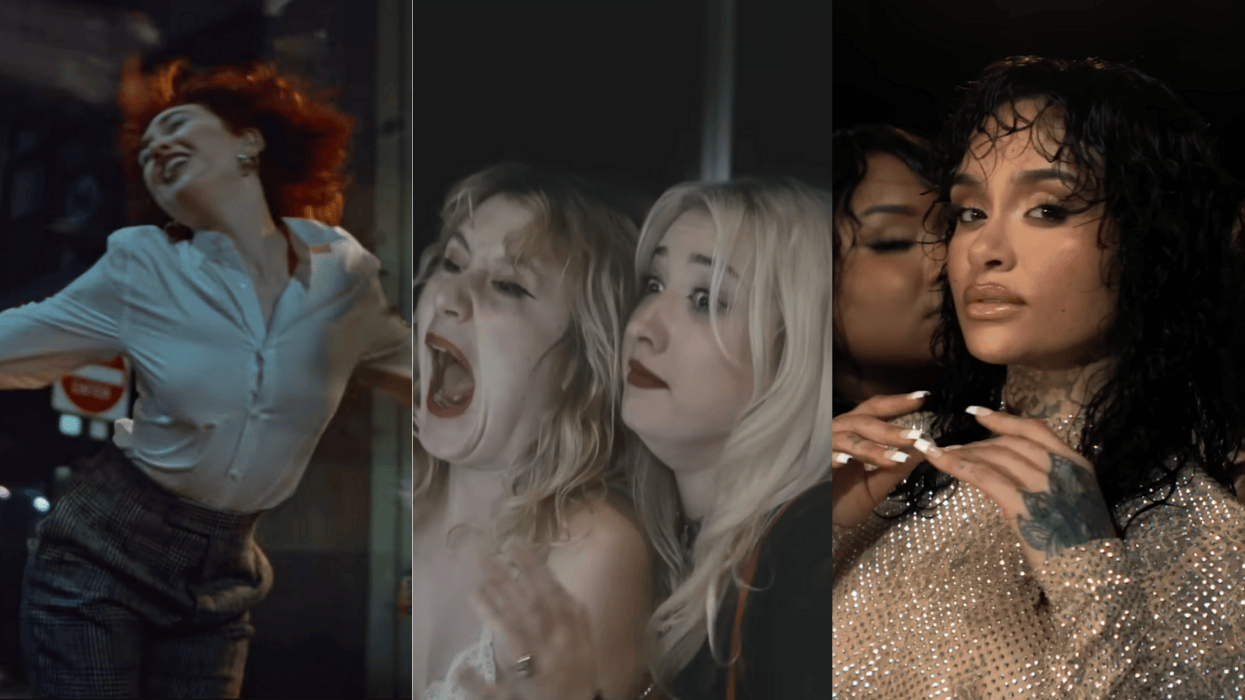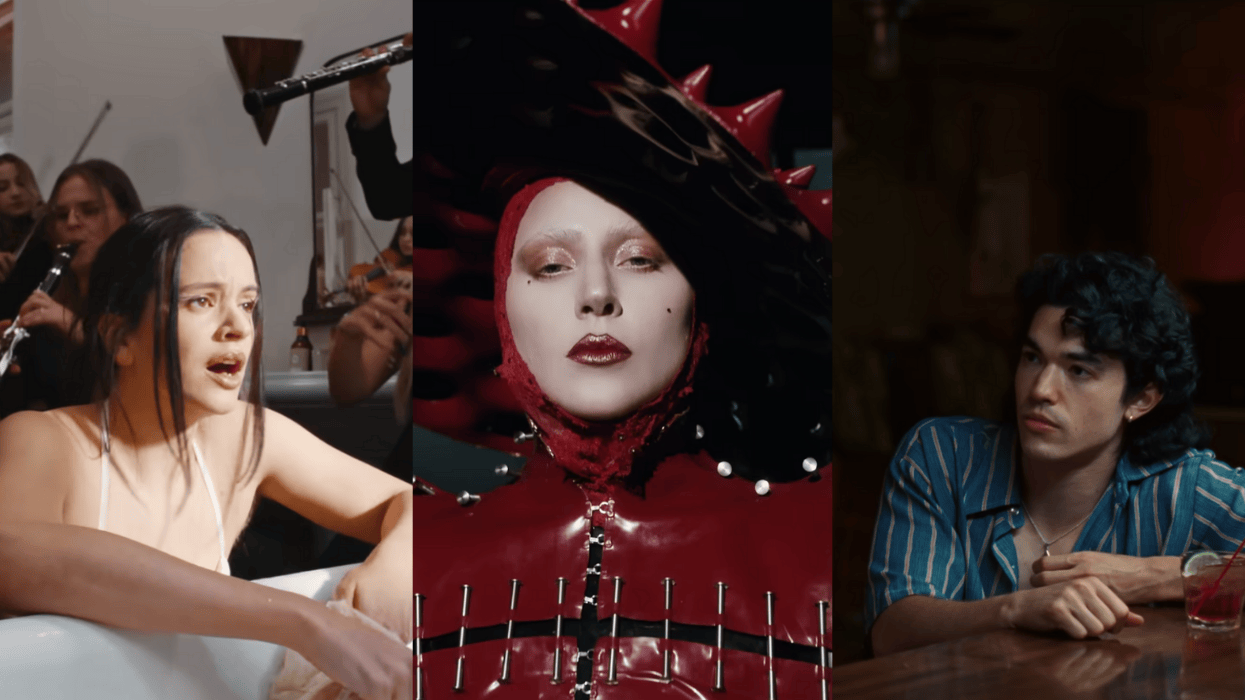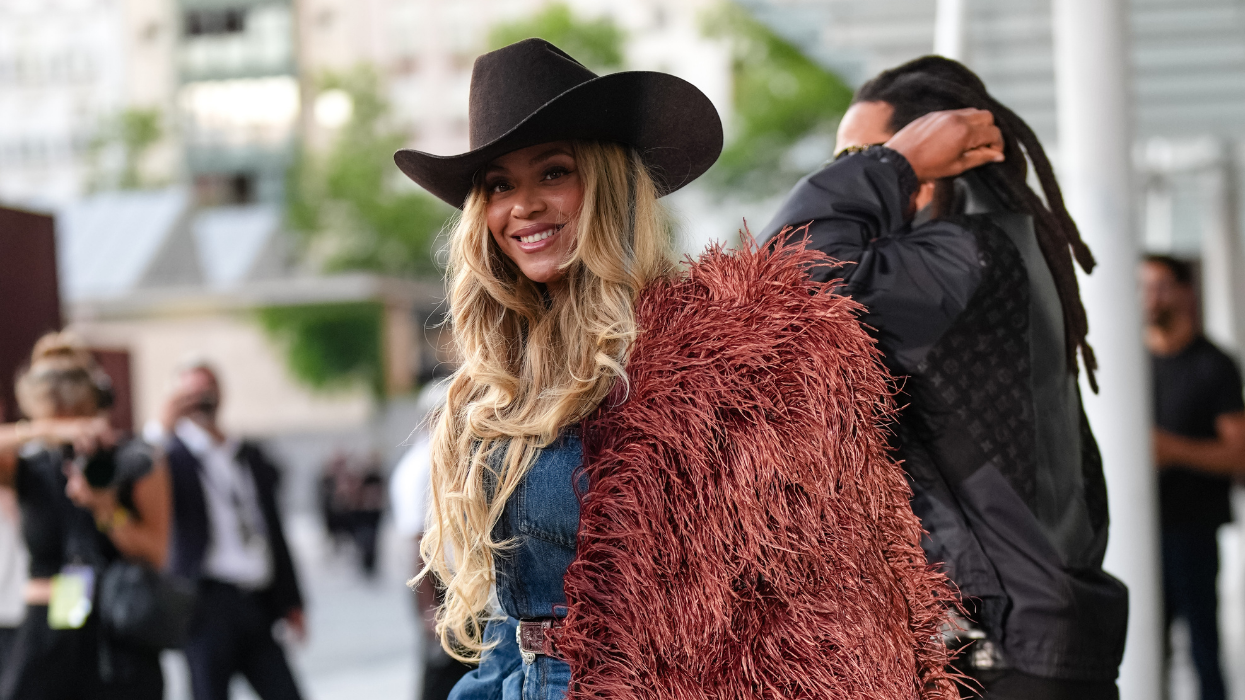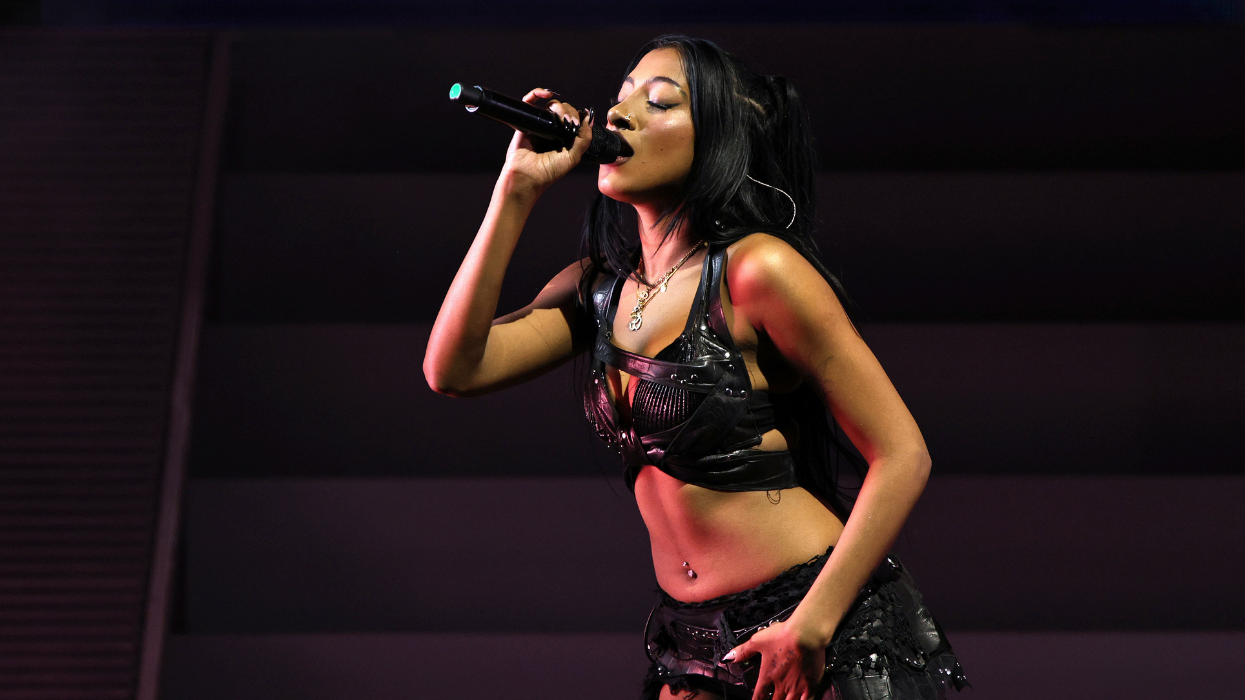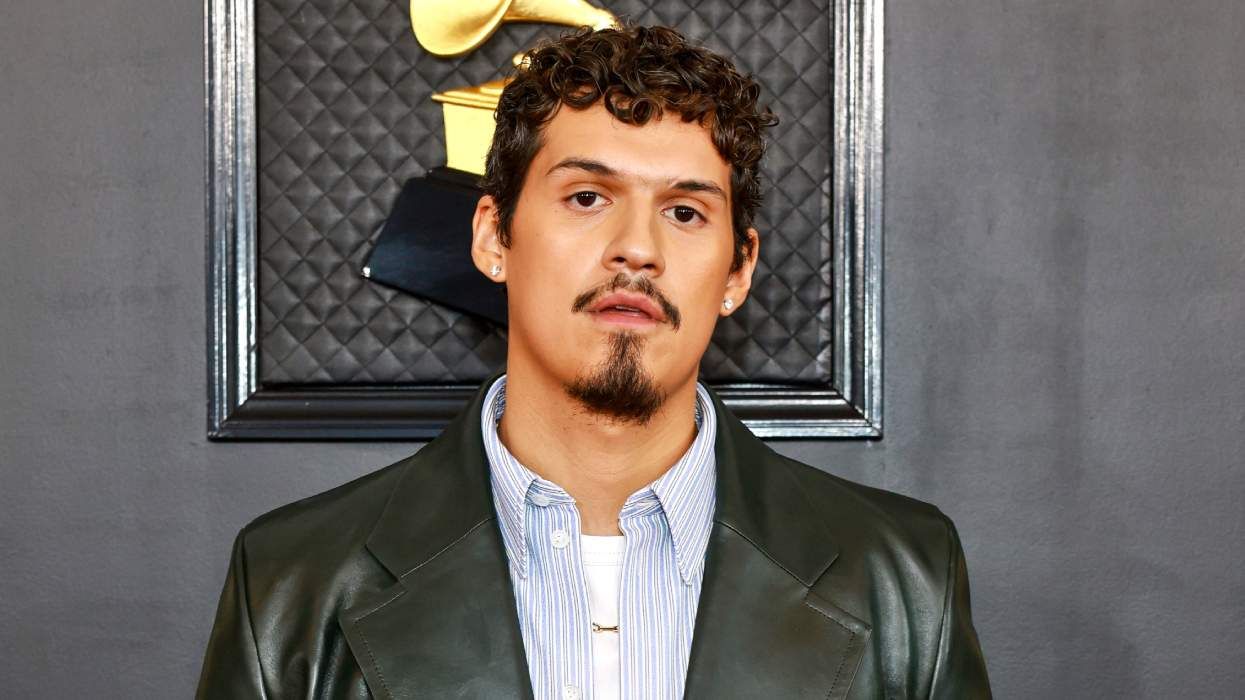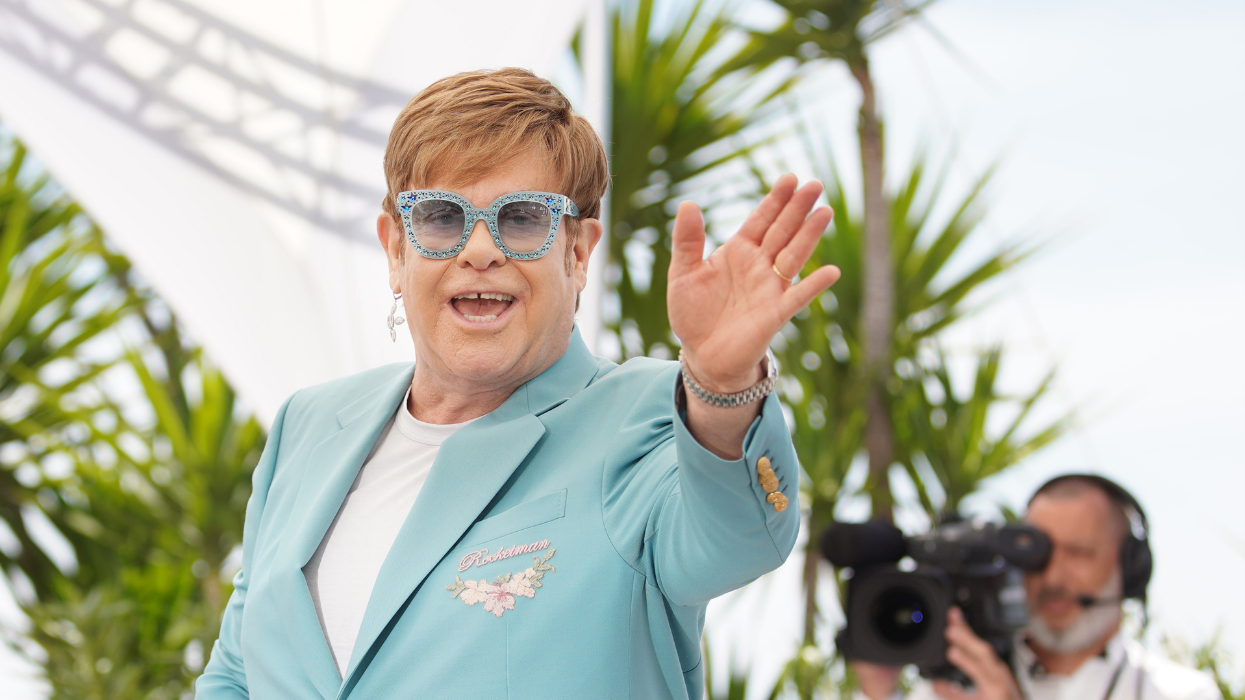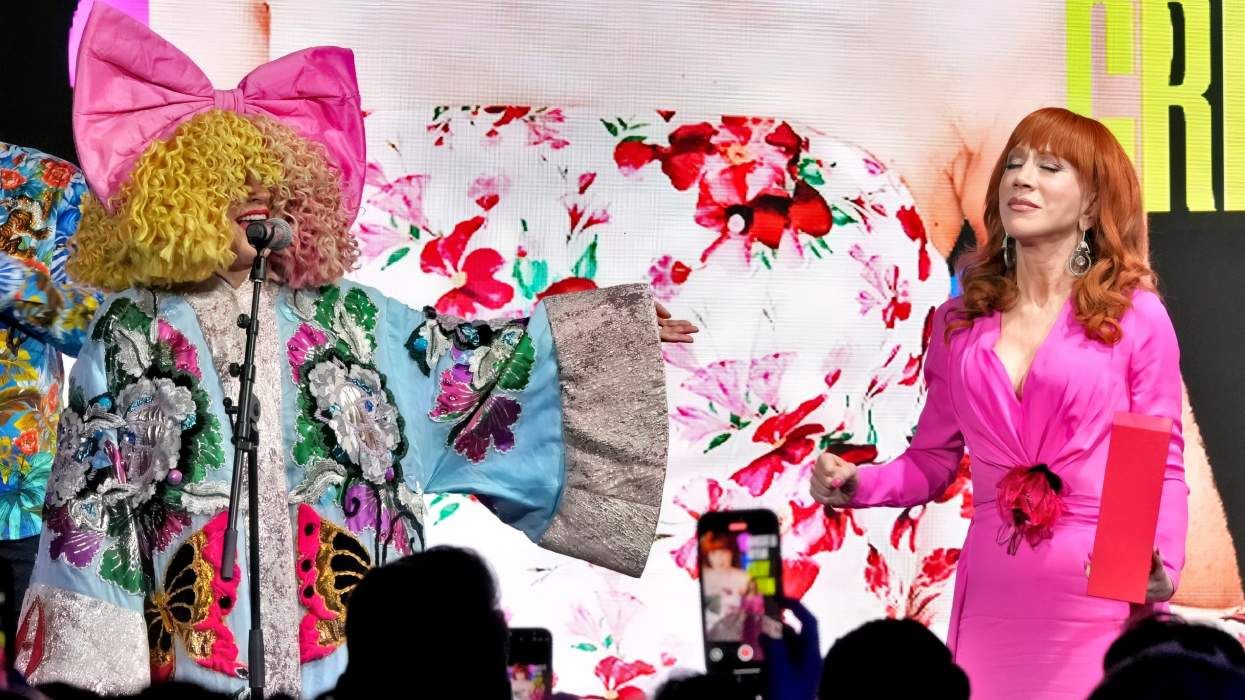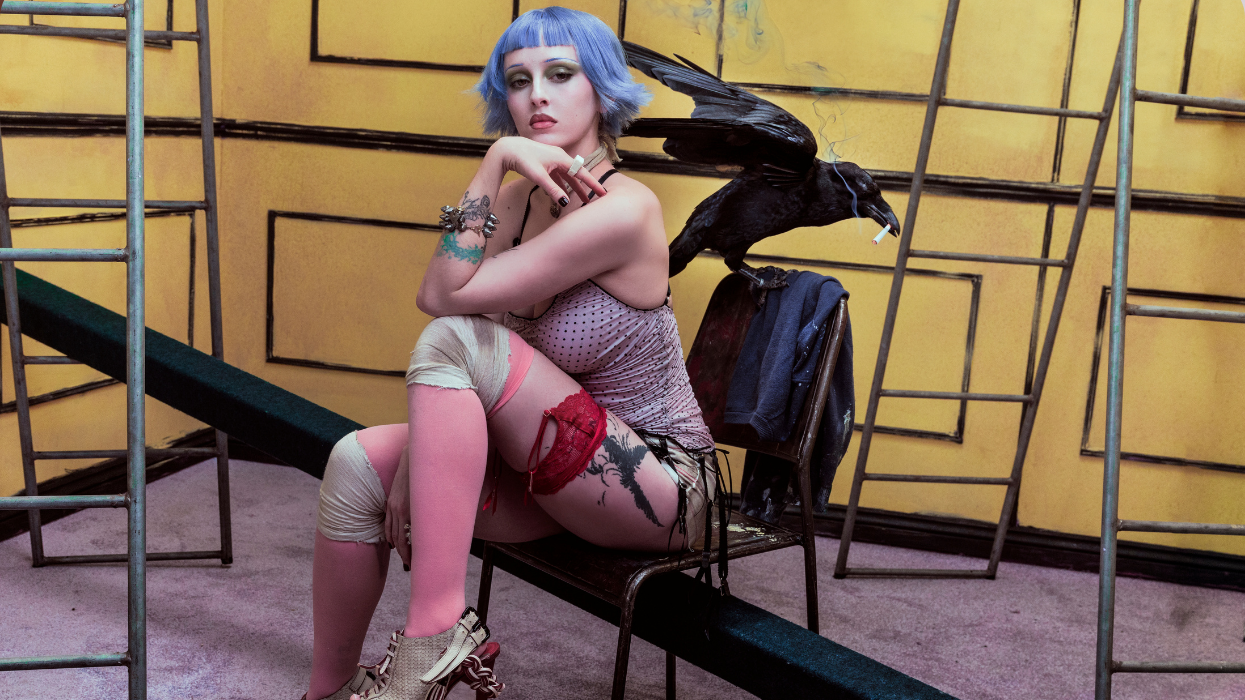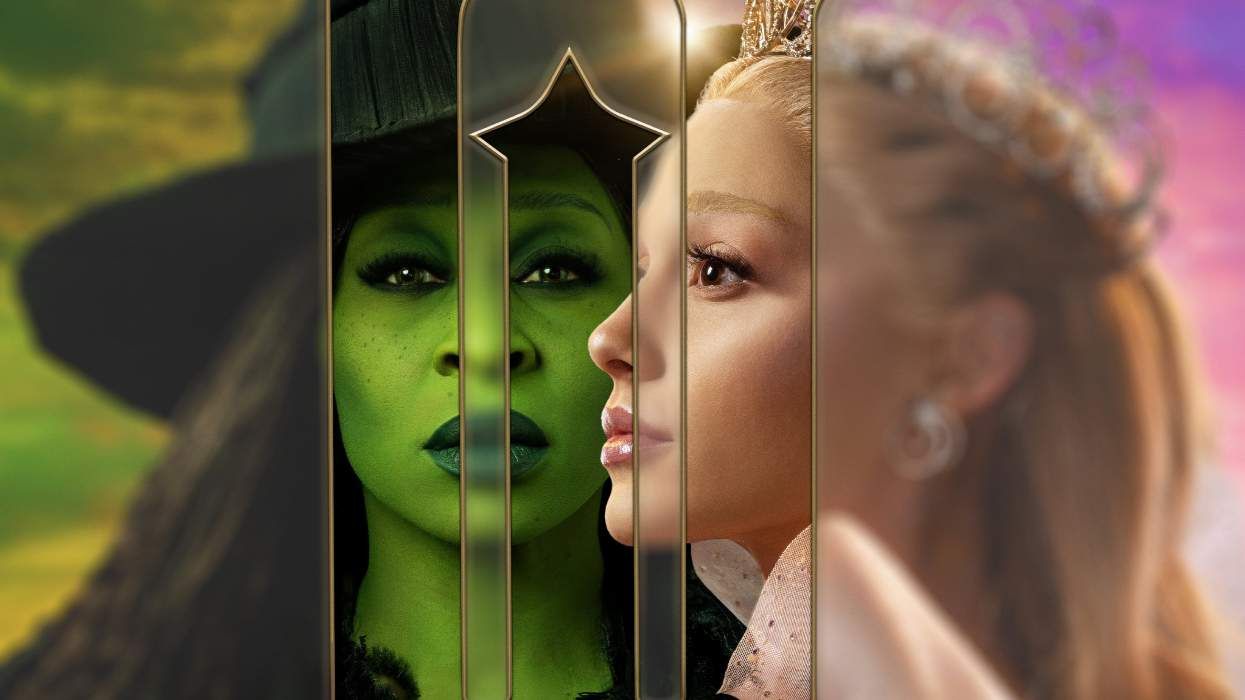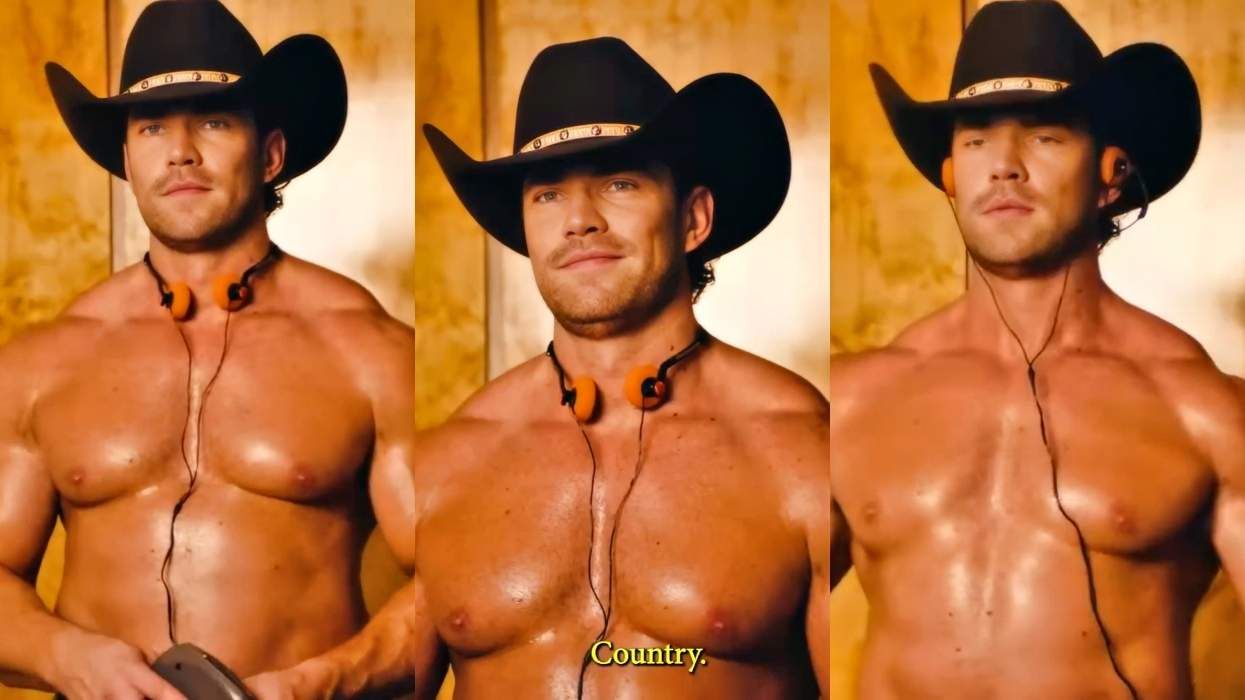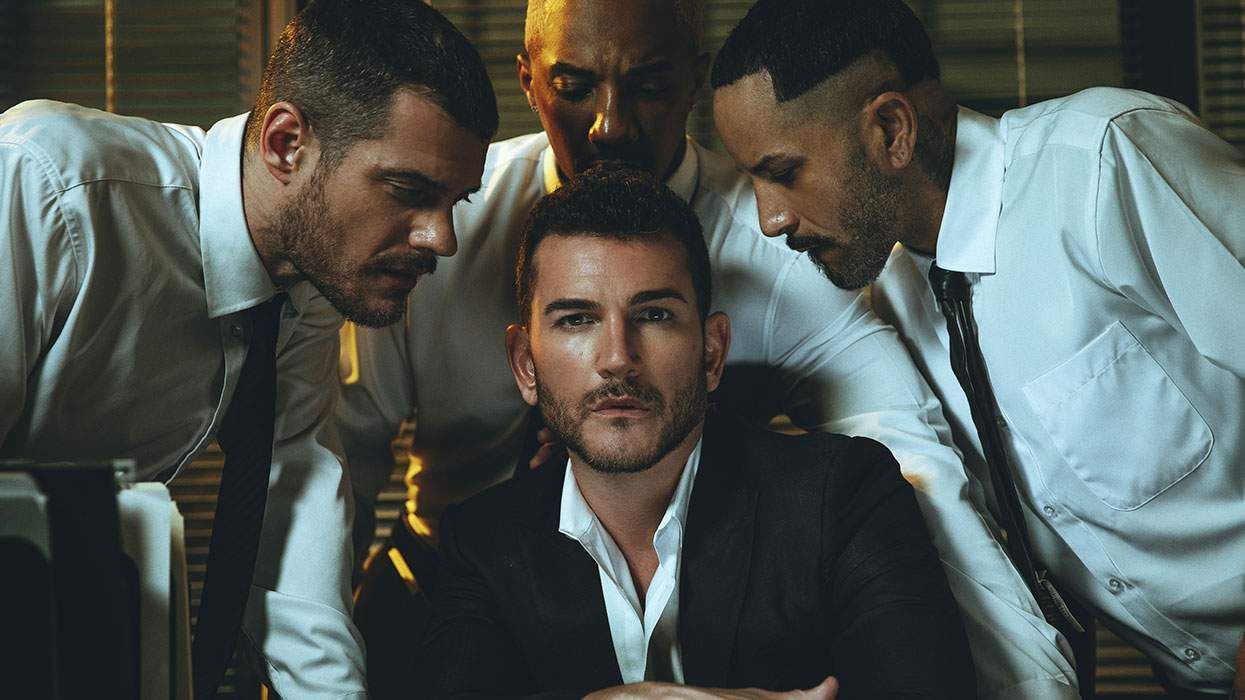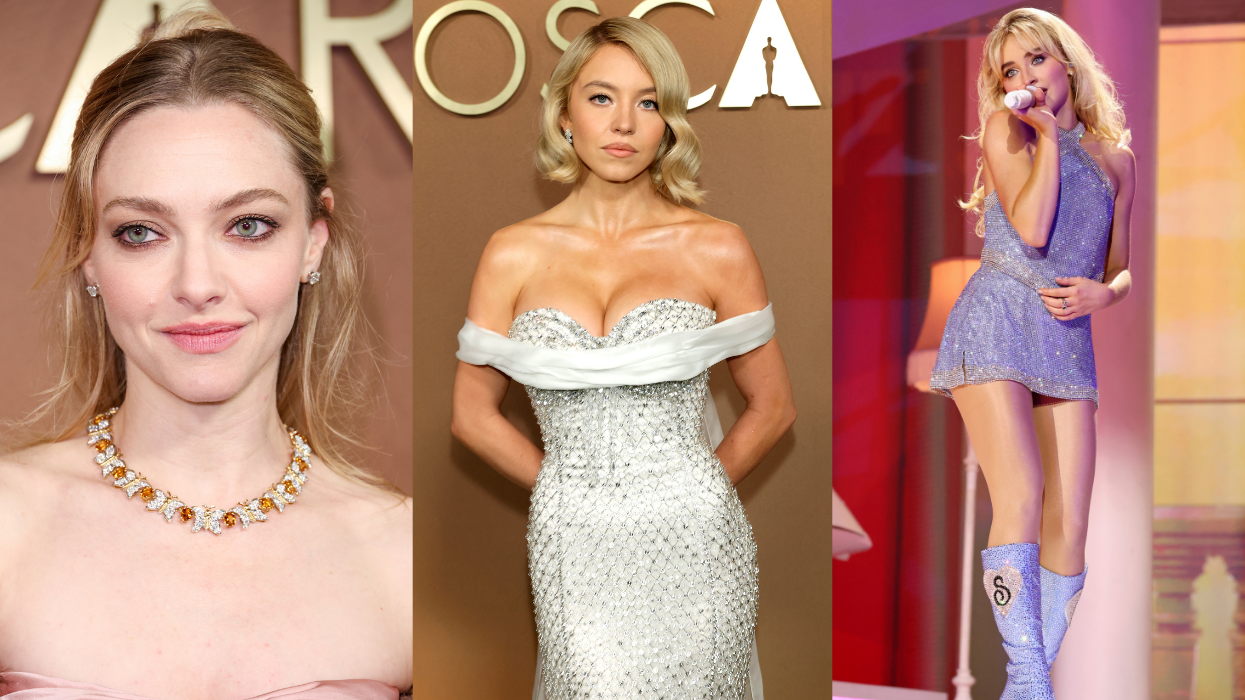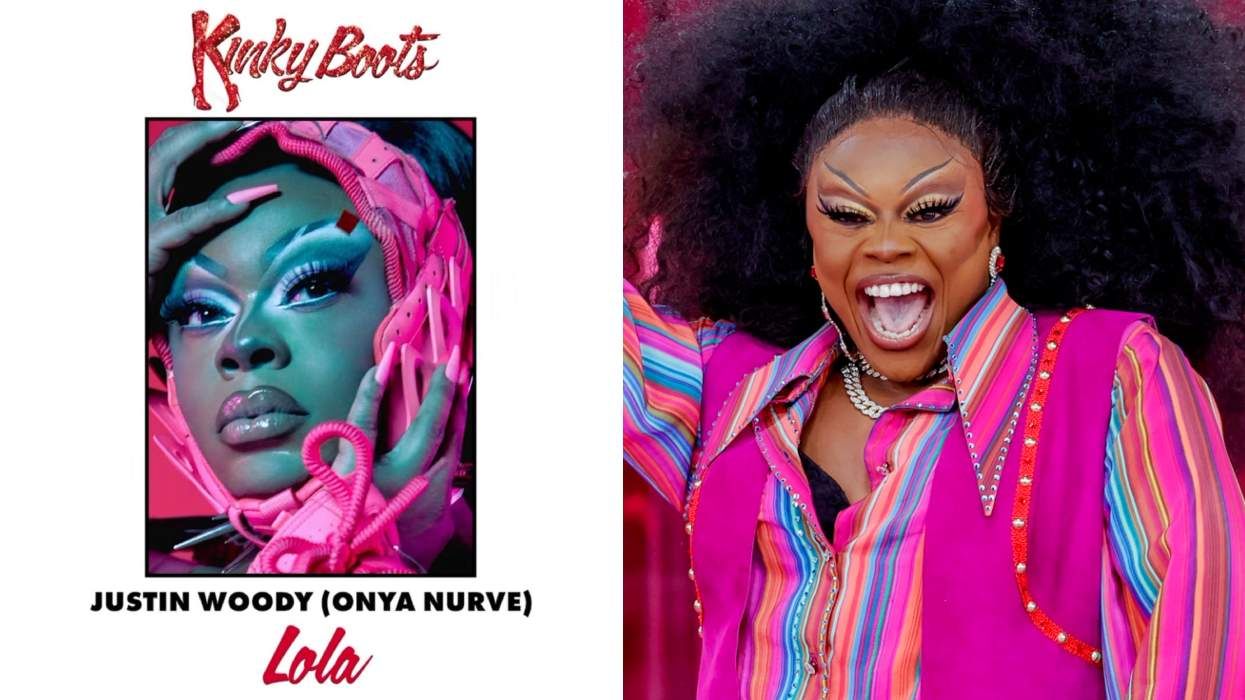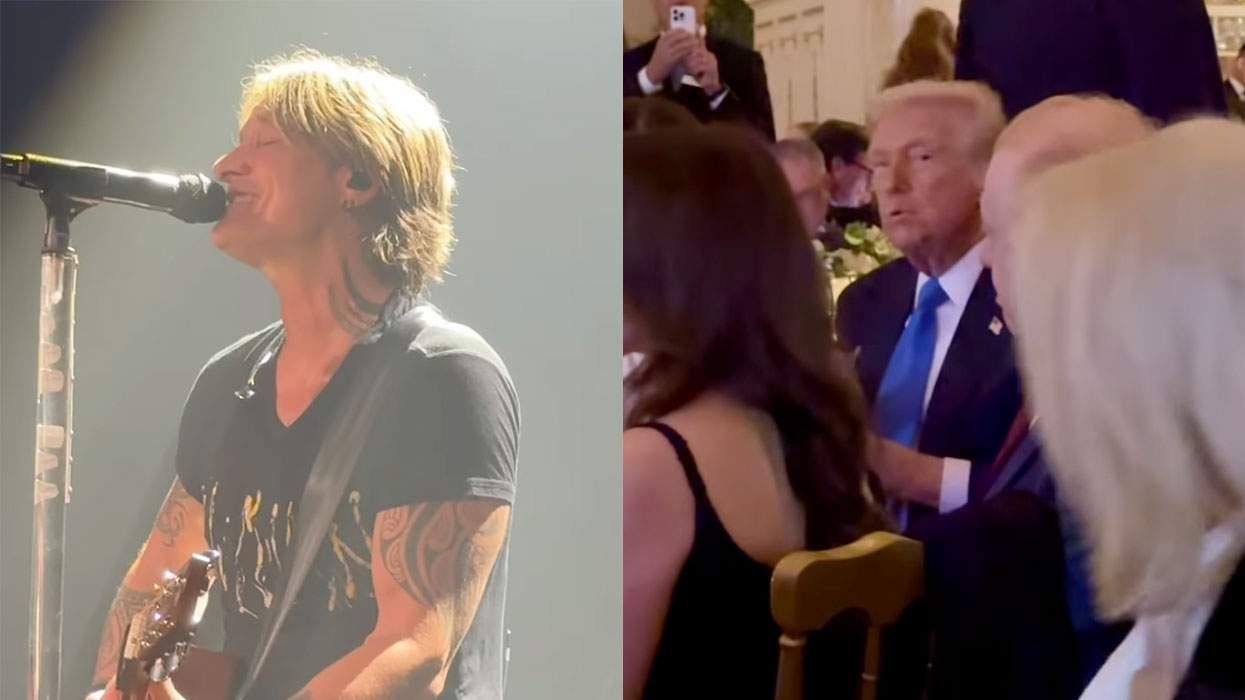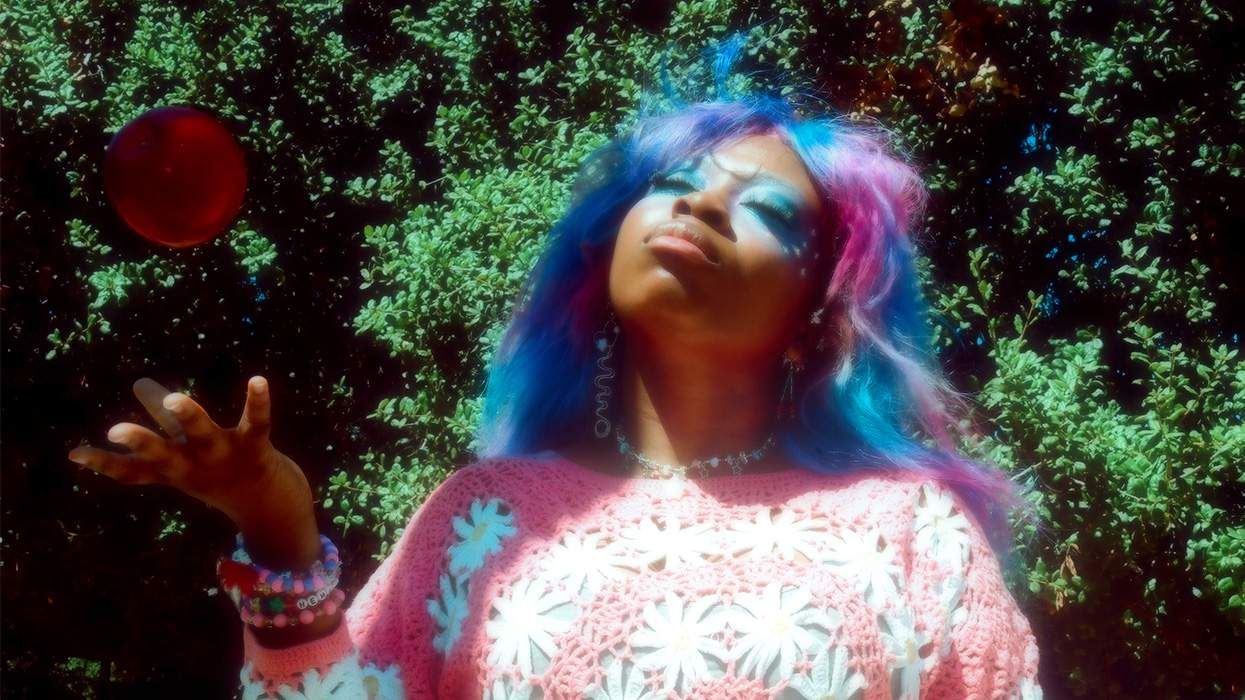"All my life I was afraid of everything," Chastity Brown sings in a confessional burst on "Drive Slow," the opener of her latest album Silhouette of Sirens. In person, at a health food store down the street from New York City's Chelsea Hotel, the singer/songwriter doesn't seem easily rattled. She's tackling logistics, muting her side of a phone call with the next day's accommodations to introduce herself warmly. She has one small swig of coffee from a friend's cup, which she says will get her through the night's show. She's touring the U.S. and Europe throughout the summer in support of Silhouette of Sirens, out today.
The arrangements of the soulful folk album reference the map pinpoints of Brown's own journey, from the pacing of her upbringing in the south to her roots in the Minneapolis music scene. Brown wrote the bulk of Silhouette of Sirens between 2013 and 2015, spending her 2016 on the road with Ani DiFranco, where she "began speaking more about Black Lives Matter, and was challenged with [DiFranco's] presence and her consistency with the things that matter to her. It was this open challenge for me to be more articulate with the things that matter to me, and not trying to erase myself to be more palpable for listeners." Silhouette of Sirens may be the product of a road veteran, but it moves with the urgency of a debut.
OUT: This album has the feel of "this is my most personal work yet" without you ever saying so.
Chastity Brown: I appreciate that folks would pick up on that. The making of the album, the writing, was a really dark mental time, but subconsciously I wasn't exactly writing about that. In my mind I was writing about other things, and making up characters whose lives felt real, and trying to tell those nuances of different types of heartbreak. That was the goal, but three or four months after finishing, I was like shit, this is really reflective of where I was. It made me susceptible. It feels good to not be in that same place. If I was still in that same place, this would be a shit show. It was really personal. I feel work just does that. I have so many artist friends that feel that their work reflects themselves back to them. There's certain parts of ourselves that are hidden. These songs really excavated parts of the pain that I've experienced that I've never really expressed in such a honest way.
Silhouette of Sirens is an album where the personal and political are inseparable--where Americana takes responsibility for reflecting America as it is.
I would fucking love for Americana to do that. Americana is so interesting and infuriating. I love it so much, and I feel so a part of it in some ways, and then I feel that brown people are not really represented. It's not like brown people aren't making this kind of music. How many people actually know that the banjo is from Africa? How many people actually have a knowledge of that heritage? I can't help what I grew up on, and what feels natural to play. It's still a push for Americana to not try to designate a little area for brown folks. It's a critique of something that I also love. Who knows? Americana folks might not take it that way. I could say a lot more than what I'm saying, but I'll leave it at that.
What are some ways that region informs your songwriting?
Growing up in the south, in a more rural country landscape, has infused itself into my psyche. Like reading Carson McCullers's The Heart is a Lonely Hunter, that type of southern gothic ethos. In particular, the slow pace of life, the empty landscape. It's not vast. It's a little different down south. Minneapolis has its own kind of soundscape to it. If you hear a bunch of guitarists there, you know that they all kind of influence each other in this interesting way, this ethereal element to some of the rock there. There's a lot of washy guitars on "Drive Slow" or "Carried Away" that are not doing anything in particular, that just fill out the sound. The rural elements have kind of combined with the city sound.
You cite James Baldwin and Alice Walker as influences. What all were you reading while writing Silhouette of Sirens?
Alice Walker, I was reading her book of essays, The Cushion in the Road. I was really digging into that. I was also reading Patti Smith's M Train. At that time of writing the album, I had already devoured every novel of James Baldwin's, and moved into his essays. What I love about James Baldwin is that he's so plain spoken, and so profound. He had such grace, and was so gay, and was so academic. He was so himself. He just seemed to embody who the fuck he was. He's influenced my work so much, that type of honesty and vulnerability. Something about that is really brave to me, and something about that is really sexy.
Related | Four Famous Writers Choose Their Favorite James Baldwin Books
Parts of your 2016 were spent on the road with Ani DiFranco. Were you able to share road/music/life wisdom with each other?
A little bit. It was more life wisdom type shit. Hanging out with Ani, she's someone that embodies her own integrity. Early on, I would try to ask her these questions about the music business, and not intentionally, but she seemed to grow quite quiet. When we would talk about life--babies, the stars, the level of pH in the saltwater pools, or songwriting, or shit that we're geeking out on like random West Indian music--we could go on and on and on. I learned so much just from watching her. She puts on a fucking crazy good show, night after night.
You've shared about how supportive your mother has been of your music career. What is something you would want other mothers of young queer artists to know about the best ways to support them?
She never ever made me feel crazy, weird, fucked up. She never made me feel like she was disgusted. Throughout my life, I've brought men home, women home. I want to play this instrument, I want to move here to Virginia, I want to move to Knoxville. My mom has just been so supportive. She has this very calm way of making me feel seen and not judged. At the same time [my] same mother has very different views than I do politically. So, she's not this perfect package of support. That's where a lot of my anger can come from towards her, like voting for Trump, yet being so supportive of a daughter like me.
What I would say to mothers, and parents: art has this ability to allow a child to see the world in a different way, to see so many multiple possibilities of existence. If you can see the world that way, you can see yourself that way. It's less likely that you'll walk around destroying things.
We grew up poor. I grew up in a trailer park. I grew up with my mom being in school full time, and I have no idea what my fucking asshole of a stepfather was doing with any of their finances. Still, somehow my mom got me [an] instrument, and made monthly payments on it. It was like a little $300 guitar. Twenty years later, I'm still playing. I can exercise all my demons through that motherfucking machine. Be there for your kids. Be there or find someone who can.


